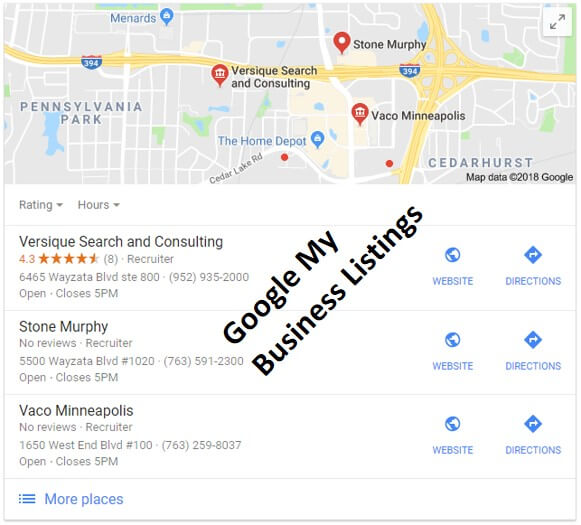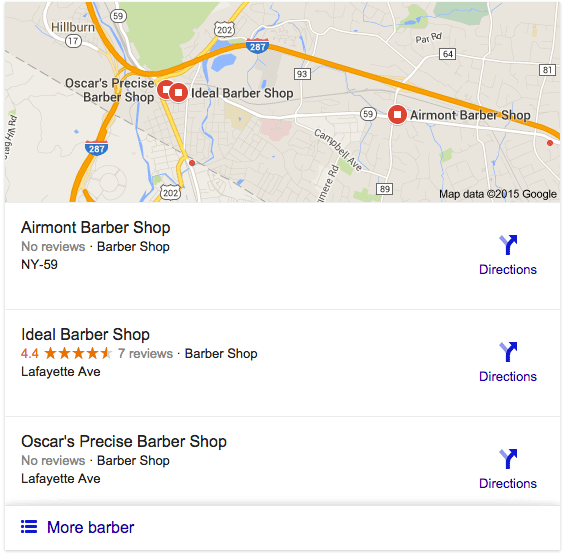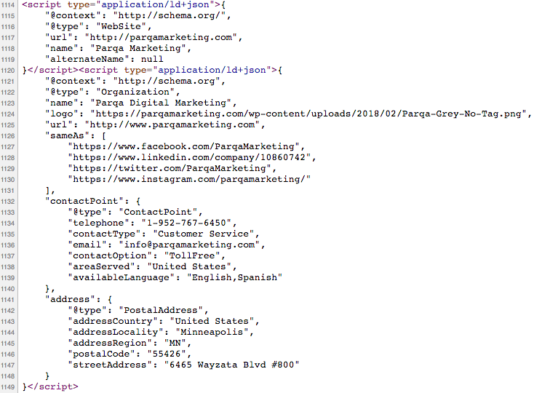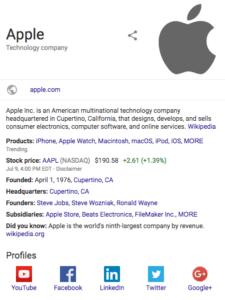2021 has taught us a thing or two about finding talent in a job-seeker’s market and a rapidly changing workforce during COVID. And with employers reeling from The Great Resignation, staffing firms are positioned for immense growth.
One of the hard truths of the industry going into the new year is your business is going to struggle if it can’t be found online.
Search engine optimization is one of the most cost-effective ways to increase brand awareness, web traffic, and conversion rates for your agency. With 2022 right around the corner, it’s time to solidify your SEO strategy and set your agency up for success. Here are just a few SEO tips you’ll want to try in the coming year.
Use Google Business Profile
Another way to leverage local SEO is by using Google Business Profile. This free platform, formerly known as Google My Business, is an indispensable tool for local business owners of all kinds. Staffing agencies are no exception.
GBP allows you to enter a wealth of information about your organization, including your physical address, contact information, services or products, images, and pertinent updates, as well as customer reviews.
Best of all, it can help you appear more frequently in relevant search results. Although these optimizations are done off-site, they can drive traffic to your own website and increase your overall brand awareness without much effort or financial investment.
Focus on UX
User experience, known as UX, is crucial. Having a website isn’t enough; your site also needs to provide a positive experience for all visitors.
What does that have to do with SEO? There’s a distinct connection between web design and search rankings. Both Google and web users value sites that are fast, secure, and easy to navigate on any device. Websites that don’t meet this criteria will have a tougher time ranking in search results because, simply put, they aren’t perceived as valuable.
In other words, your website needs to be designed with UX in mind. If it’s been years since you updated your site, you’re dealing with sluggish speeds, or it’s tough for visitors to find what they’re looking for, you should consider working with a web design professional to ensure you’re meeting expectations.
Google recently launched its Core Web Vitals, which are newer metrics used to measure page experience and site performance. Make sure that your web designer is well-versed in these metrics and that your site is mobile-friendly, secure, free of intrusive interstitials (e.g., full-screen pop-ups), and generally easy to navigate.
If you take care of web design issues first, your other optimizations will be much more effective. After all, no one wants to deal with a frustrating website – no matter how frequently that site appears in SERPs.
Don’t Sleep on SEO in 2022
Some may think that SEO is dead, but nothing could be further from the truth. Search engine optimization plays a crucial role in any digital marketing strategy. By using these tips to promote your staffing agency online, you’ll more effectively reach your audience and amplify your online presence.









 Have you ever done a google search and seen this (see right). This is known as the “local pack”, it showcases local businesses and stores relevant to the search query/term you entered, in this case it’s “barbershops.”
Have you ever done a google search and seen this (see right). This is known as the “local pack”, it showcases local businesses and stores relevant to the search query/term you entered, in this case it’s “barbershops.”










 Recipe websites leverage
Recipe websites leverage 
